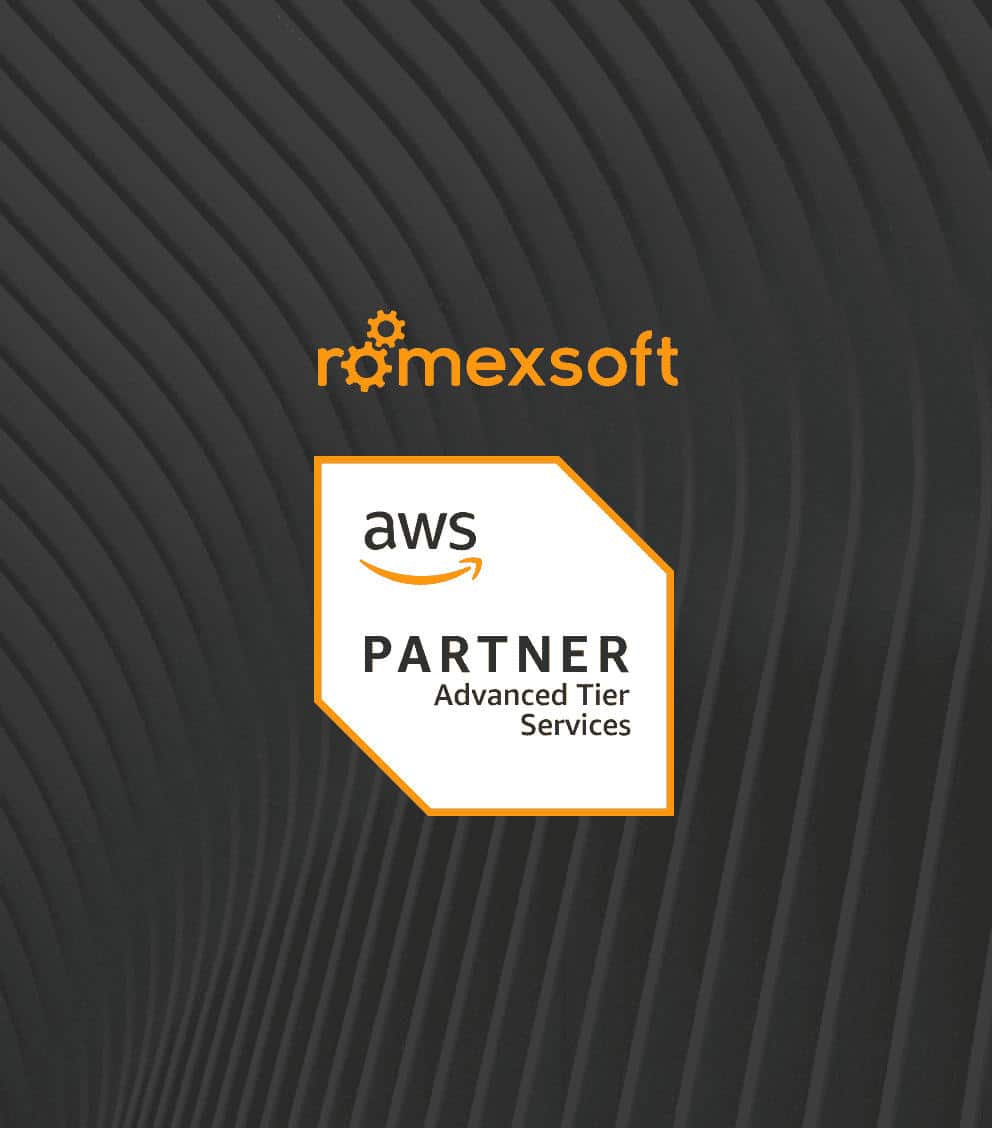How to Develop a CRM System?
Building customer intimacy is an important part of any business, especially on the early stages. Find out how to create an effective CRM system and improve your customer’s experiences!

Table of Contents
Whether you are just launching or been in operations for quite awhile, you won’t succeed without loyal customers onboard.
Great customer service is built upon a thin line between receiving customer feedback respectively and avoiding giving in to any request. As Steve Jobs famously noted: “Customers don’t know what they want until they see it.”
This is exactly where customer relationship management (CRM) rolls in. An effective CRM pipeline will help you build a more personal relationship with your clients, offer better customization in services, boost customer loyalty especially considering that the costs of acquiring a new customer is 4 to 10 times higher than retaining a new one.
To achieve all the above, you need a custom CRM solution in line with your unique business goals and processes. In this guide, we’ll cover all the ins and outs you should consider when approaching a CRM software development company for a custom project quote.
Table of Contents
Three Key Things Every CRM Should Do Well

Regardless of whether you are a small brick-and-mortar business or an innovative tech startup headed for IPO, the CRM system you choose to develop should do the next three things extremely well: gather customer data, warehouse it and deliver in an easy-to-use form.
Gathering Customer Data
A powerful CRM system collects useful data about your customers and uses it to develop actionable strategies to increase your revenues. You can choose to specify the different types of data to be gathered – from broad insights on your customers’ behavior to the very specific pain points and problems they are facing.
A powerful CRM tool enables all of your teams (from sales to accounting) to record any type of data they like and use it to their advantage.
Warehousing Data
A robust CRM system will aggregate customer data seamlessly from multiple sources including manual entries, websites, social media, lead capture and order forms, along with other communication channels.
Manual and automated data aggregation will store the data in a reliable repository and make it available to users whenever needed. All the stored data can be easily modified. Whenever a business process changes the old data can be either deleted or no longer displayed, and the new data is pulled up automatically.
Delivering Ready-To-Use Data
Powerful custom relationship management systems take the data and make it easily available on demand. Everything can be customized based on the needs of customer support, sales or any other department. In short, the key data is always at hand for those who require it to perform their job well.
This kind of streamlining allows you to build a stronger performing company as each employee gets equipped with better data, stays always well-informed of the changes and can better service the customer.
So, what does it take to develop a great CRM system for your business? A clear CRM development roadmap comes first.
How to Build a CRM System: 6 Essential Steps

The most common frustration concerning the implementation of CRM systems is that the end user finds them too difficult to use, especially when it comes to integration and reporting. A robust CRM web application is expected to gather and govern all the business processes and best practices across all levels – including staff management, marketing, customer service, tech support and business intelligence.
At our company while developing CRM software we focus on creating the ultimate CRM roadmap prior to getting started with the actual development to ensure the end product is simple, yet powerful in use.
Gather The Initial Information
When approaching a new CRM development project at our agency, we start with a series of interviews with the key stakeholders and decision-makers to get a better picture of the kind of product you need. The standard questions include:
- What types of customer information should be tracked (churn, cost-to-serve, acquisition/retention etc.)?
- What additional kind of information would you like to capture about your customers?
- How would you define your CRM?
Assess The Current and Future State Gaps
Based on the information provided we develop a better understanding of your unique business needs and map out the opportunities to improve customer relationships even further. Our CRM development services include both building custom products from scratch and rescue mission approach to the ones left off track.
Additionally, we strive to create a projection for your future direction (usually between 6-24 months) and build a flexible product to get you covered for years to come.
Link Value Opportunities To Strategic CRM Features
To receive the most value from your CRM software, we link each strategic CRM capability to a direct value opportunity. For instance:
- Value Opportunity – understand your customers better.
- Strategic CRM Features – gather detailed customer profiles, leverage customer data from the service process, track and analyze customer profitability and cost-to-serve.
Define CRM Project Scope and Requirements

- Leveraging call center support by implementing new technologies.
- Establishing a data warehouse.
- Improved efficiency of your sales reps.
- Improved customer satisfactions rates.
- Understand customer profitability better.
Based on the set goals, we’ll go one step further and outline the technical requirements needed for implementing each of those. They will address the specific development environment, processes and technology components used to accomplish each task.
For instance, “Understand customer profitability better” functional requirements are likely to include the common definition of profitability formula for:
- Different product, channels, customer segments and individual customers, sales staff.
- Ensuring consistency across your company.
- Defining the key components of the formula e.g. acquisition, servicing costs, marketing, requiring costs etc.
Develop a Business Case
As a business owner, you obviously seek to receive a justification of required investment and potential ROI from custom CRM development. That’s exactly what our business case will offer you.
The average cost to develop a CRM system vastly depends on the urgency, complexity, and customization. An extended, custom-tailored CRM will cost you from $50.000 and onward. In general, CRM systems are developed continuously, hence the investment is typically spread over 3 to 5 year period, depending on the amount of end features you’d like to implement.
The final pricing typically takes the next factors into account:
- Approximate number of users.
- Internal/external human resources.
- Infrastructure.
- Software development costs.
- Additional training if required.
- On-going support and maintenance if required.
Our business case standardly includes the following information:
- Overall project duration and time for implementing each of the outlined tasks.
- Details and costs of required resources (technology, people, training etc.)
- Options to complete each part of the project by our in-house resources or your team.
Develop a Roll-out Strategy
Together we’ll work around establishing the most resources, money and time-wise strategy for rolling-out the key features of your CRM.
Our executive team will conduct the overall project prioritization and phasing to evaluate each project’s duration, financial results and the levels of efforts required as part of our custom CRM development services.
CRM software development is a continuous process that could be span over the years as your company grows and launches new products and services. Obviously, the trends and dynamics of CRM developments hardly stand still.
Key Future Trends in CRM Application Development
According to a recently published report by Forrester, the following key phenomena will reshape the CRM development landscape in the next few years:
- Mobile – remote and mobile workforce is on the rise. We do most of the things on the go, yet the current CRM solutions still don’t bridge the gap between mobile and desktop apps. While most CRM developers are perplexed by the difficulties coming with various mobile options and architecture, the need for lightweight custom solutions is clearly there.
- Cloud – BYOD policy is striving and so does the need for effortless CRM data syncing from the cloud. Being constantly tied-up to one device and one web app interface certainly raises the amount of frustration among the end users.
- Social Media – data-driven marketing is now on the rise and so are the piles of social-media-generated customer data and intelligence. To avoid data lakes and take more advantage of the insights available, a lot of businesses are now considering social media integrations within their CRM.
To wrap it up, powerful CRM systems have a profound impact on your entire business model in three core ways:
Simplified Customer Experiences: your clients can easily connect and interact with your company; make purchases effortlessly or receive excellent services. People no longer prefer to buy goods from sales reps – they count for an easy online shopping experience.
Over 50% of US adults will abandon an online purchase if they don’t see a quick answer to their question and 73% claimed that valuing their time and offering fast service is the most important thing a business could do to win their loyalty. A CRM tool provides you will all the necessary means and insights to meet your customers’ expectations and reduce the potential losses.
More Effective Customer Experiences: Customization is everything these days. As a modern company, you are expected to deliver the right type of customer experience in the right time during their customer journey. To offer efficient and indeed fast experience, you need to automate repetitive tasks, use process guidance to handhold your customers through the standard workflows, and offer seamless onboarding and efficient order administration.
CRM tools give you more insights on when to prescribe a certain advice to the user and how to handle them at each stage of the sale process.
Foster an Emotional Bond With Your Customers: The path to customers’ wallets usually lies through their hearts. Acting with the customer best interests in mind by identifying the key bottlenecks in their journey and empowering customer-facing staff to do the right thing for the customers is essential to building trust and loyalty. Capture customers’ feedback more efficiently with survey, polls etc. and analyze unstructured data such as social posts, call recordings and emails to deliver better engagement, service customization, and overall service.
If you are looking for a company to build the kind of a CRM system as outlined above, get in touch with us today!
Written by Romexsoft on July 5th, 2016



